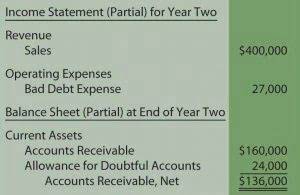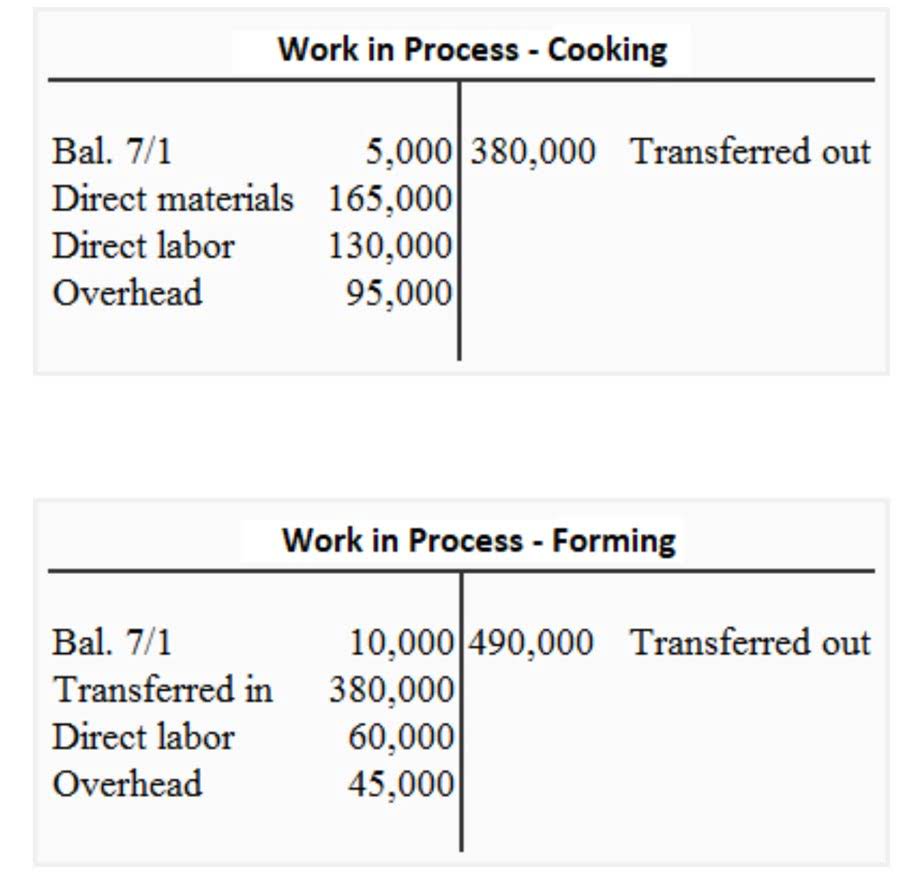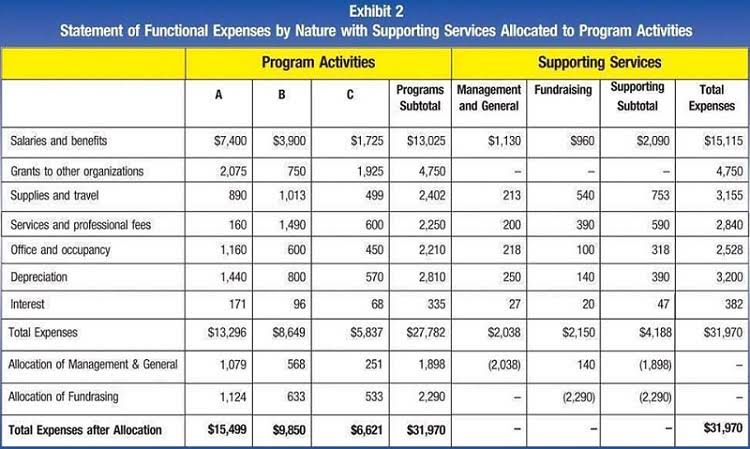IOLTA: Demystifying Interest on Lawyer Trust Accounts for Legal Professionals

Better understand how funds are flowing in and out of trust and bank accounts with iolta stands for convenient, clear reporting. Law firms and lawyers who do not follow the stringent guidelines of the IOLTA program protocol of their state are at risk for receiving large fines and even possible disbarment if inappropriate accounting practices are discovered. First, it’s imperative that you make sure the financial institution you choose for your IOLTA account understands the rules and regulations around how they must be operated and maintained. Some clients have retainers that are large enough to warrant depositing that retainer into their own, separate trust account.

The Future of IOLTAs
- The IOLTA system takes care of the interest, directing it to legal aid programs, so lawyers don’t have to worry about distributing it themselves.
- These consultants usually have experience dealing with IOLTA, and rules in most states don’t require them to report ethics violations to the bar.
- An IOLTA account, or Interest on Lawyers’ Trust Accounts, plays a very important role in legal practice.
- Each state legislature establishes its own IOLTA program, with regulations varying between jurisdictions.
- Instead, the interest earned from these accounts goes to fund legal services for low-income individuals, making it a great tool for promoting access to justice.
While IOLTA is widely recognized and practiced across the US, and other countries, there are differences at the state level. Make sure you verify what rules apply to your law firm with your state bar association. Every single transaction in and out of your IOLTA must be accounted for, no matter how unearned revenue small.
LeanLaw is software designed for the specific needs of law firm accounting and management.
Take a look at the ABA Directory of IOLTA Programs to find your state’s information. If you’re just starting out and think you’ve set up your accounting the wrong way, talk to a professional accountant with experience dealing with IOLTA. Let’s say that one day you discover a small shortfall in your IOLTA account, and you can’t account for how it got there.
Who Needs an IOLTA Account?

That means, typically, that client funds eligible for IOLTA involve small amounts of money held for a long time, or significant amounts of money held for a short time. In the United States, lawyers are allowed to place client funds in interest-bearing lawyer trust accounts. In the 1980s, the Interest on Lawyer Trust Accounts program was first established in the U.S.
The Best Free Accounting Software for Lawyers
If you’ve made the switch from paper checks to electronic billing (e-transfer, credit card payments, or other types of payments), you can’t pass along the payment fees to your client’s IOLTA. The magic happens when our intuitive software and real, human support come together. Many are based in nonprofit foundations, while others are operated by the courts or other public entities. Created by legal professionals, LeanLaw will help to keep your practice running smoothly with less effort than you’ve been previously spending. Visualize and quantify all income, invoice payments, transactions connected to a client and IOLTA transactions with straightforward dashboard functionality.
The interest earned on that money would be donated to a legal aid program, even though the money is not technically the client’s. One primary utilization of the funds generated through IOLTAs is grants for legal aid offices and pro bono programs. In fact, more than 90% of IOLTA grants awarded (approximately $168 million in 2020) were allocated to these types of services1. This funding has a significant impact on enabling legal service organizations to better serve their communities. IOLTA accounts must comply with federal banking laws in the United States, including regulations set forth by the Federal Deposit Insurance Corporation (FDIC) and the National Credit Union Administration (NCUA). These laws are essential for the safety and integrity of client funds held in IOLTA accounts and apply across all jurisdictions, including the District of Columbia and the U.S.
- IOLTA programs were first established in Australia and Canada in the late 1960s to generate funds for legal services to the poor and other charitable purposes.
- When a firm establishes an IOLTA account, they can then pool their short term client funds together.
- Some IOLTA-friendly merchants (like LawPay) will charge fees to your firm’s operating account while depositing funds to the IOLTA account.
- Escrow accounts, used in various transactions, hold funds neutrally until conditions are met, with interest distribution specified by the escrow agreement.
- It is also, however, an unpredictable revenue stream because IOLTA income is entirely dependent on the current interest rate environment and economic conditions.
- This led to the establishment of IOLTA to serve the purpose of raising money for charitable causes, primarily the provision of civil legal services to low-income populations.
for Attorneys & Law Firms
An attorney trust account is the second type of trust account, which may or may not be interest-bearing. For most attorneys, it is a non-IOLTA trust account used for an individual client with a large balance held, such as payments for personal injury. If the account accumulates interest, the interest will be transferred to the customer. In summary, attorneys play a critical role in managing IOLTAs, and they must adhere to strict ABA regulations and ethical standards. By implementing diligent bookkeeping practices and prioritizing their fiduciary responsibilities, attorneys can successfully manage IOLTA accounts and contribute to access to justice for those in need. IOLTAs were first established in Australia and Canada in the late 1960s and early 1970s, and later in the United States after changes to federal banking laws in 1980 allowed certain types of checking accounts to bear interest.
Do You Need Help Establishing Your IOLTA Accounts?
However, in most cases, individual client payments are too small or held for such short amounts of time that setting up and administering individual trust accounts is impractical. Irvine Bookkeeping offers specialized bookkeeping services tailored for law firms, ensuring compliance and optimal management of IOLTA and trust accounts. Our expertise not only simplifies the intricate process of legal bookkeeping but also ensures that law firms can focus on their core activities. By leveraging Irvine Bookkeeping’s services, law firms can ensure accurate and compliant management of both IOLTA and trust accounts. Reinforcing trust with their clients while contributing to the broader social good through the IOLTA program. Law firms are required to hold their clients’ money in separate IOLTA accounts to avoid commingling of funds with the law firm’s operating accounts.

Funds that are capable of generating net interest for an individual client must be Law Firm Accounts Receivable Management deposited into a separate interest-bearing trust account with interest paid to the client. The funds generated from IOLTA accounts help provide free or low-cost legal services to those in need, ensuring that everyone has access to justice. Clio’s legal trust accounting management software makes IOLTA easy for lawyers, helping meet the above requirements with trust accounting features and workflows.